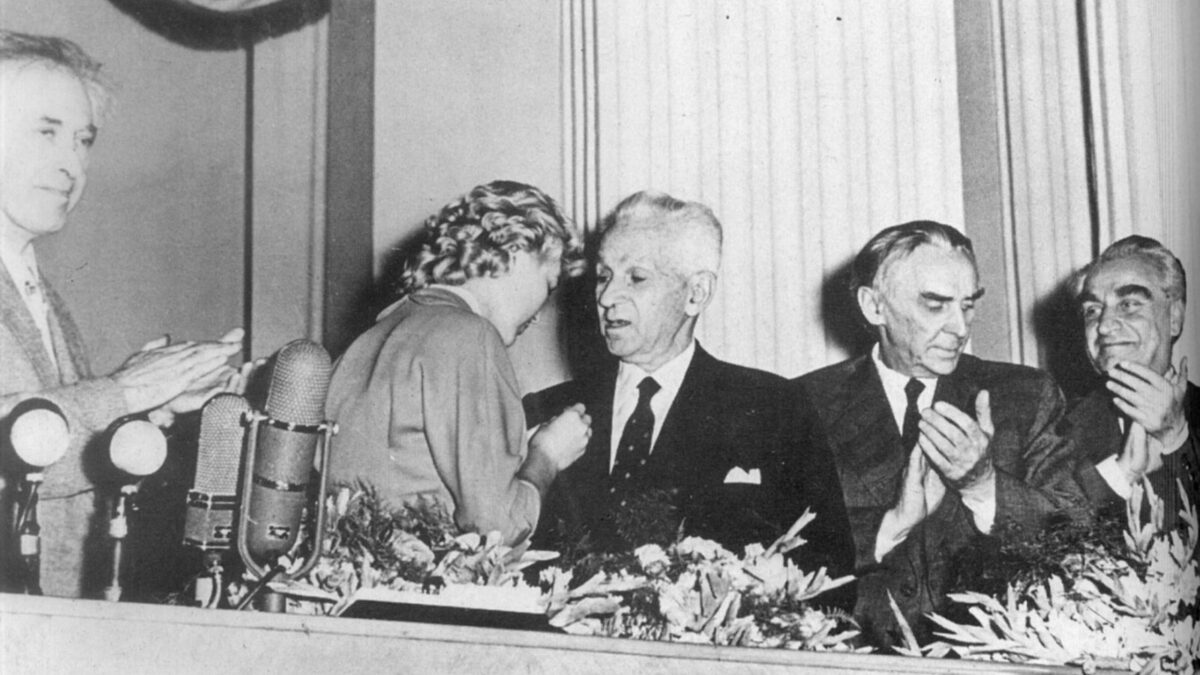
Stories Talk | Presentation Skills and Effective Storytelling
Stories Talk | Presentation Skills and Effective Storytelling
By Mia Kollia
Translated by Alexandros Theodoropoulos
Righteous - He always remains relevant, because his work is permeated by the will to resist the law of the strongest and the prevalence of justice for human beings.
Progressive - One of the reasons that Varnalis' work is particularly fascinating is because it reflects its receptivity to the new ideas of its time, along with coexistence of opposing elements - socially and politically oriented literature but also with presence of satirical, lyrical and symbolic elements.
Flexible – Every time Varnalis knew how to overcome obstacles in his own way. Whether he was facing difficulties due to circumstances or due to some people fighting him, he always managed to study, teach and leave great work behind without any sign of resignation.
Kostas Varnalis was born in the town of Pyrgos, in Eastern Rumelia (present-day Burgas, Bulgaria), on February 21, 1884. The origin of his father, Giannis Varnalis, was from Varna. Hence, he adopted the surname Varnalis because he didn’t like his own surname which was Boubous (meaning shoemaker). He was the youngest of five children in the family and was raised by his mother, Alisafa Mavromati, whom he loved dearly, and by his older brother. He didn’t get to know his father well, since he died in 1887.

He completed his high school studies after four years at the renowned Zarifeia School, in Plovdiv and then studied with a scholarship at the School of Philosophy in Athens. During that time the Language dispute was in its most acute phase. Varnalis was a supporter of the populists and in 1907 he participated in the founding of the poetry magazine "Igiso", which aspired to renew the form of Greek poetry.
In 1909 he was appointed as a Greek teacher in Amaliada and served in various schools until 1919, when he went to Paris to study philology, philosophy and sociology. There, he got to know modern philosophical currents, experienced firsthand the great ideological reforms deriving from the October Revolution and the end of World War I and embraced the revolutionary ideology of Marxism.
In 1924, Varnalis returned to Athens and taught modern Greek literature at the Pedagogical Academy, which was headed by Dimitris Glinos, one of the pioneers of the so-called "language education reform". However, two years later, Varnalis resigned from his post because of his ideology, on the occasion of an article in "Estia", which accused the reformist educators of the time of anti-national action. After that, he worked mainly as a journalist. In the same year he left for France as a correspondent for the newspaper "Proodos".
He returned to Greece in 1927 and two years later married philologist and poet Dora Moatsou. In 1935, he participated in the Congress of Soviet Writers in Moscow, as a representative of Greek writers together with Dimitris Glinos and as a consequence, he was exiled to Mytilene and Agios Efstratios by order of the government of Georgios Kondylis.
Kostas Varnalis remained loyal to his ideology during the Nazi occupation and the Greek Civil War. In 1956 he was honored by the Society of Greek Writers and in 1959 he won the Lenin Prize. He left behind a legacy of important works, such as the poems "The Burning Light" (1922) and "Besieged Slaves" (1927), the study "Solomos without Metaphysics" (1925) and the acclaimed narrative work "The True Apology of Socrates” (1931).
His poems have been set to music by Mikis Theodorakis, Stavros Kougioumtzis, Christos Leontis, Giannis Spanos and others.
Kostas Varnalis died in Athens on December 16, 1974.
#HisStory